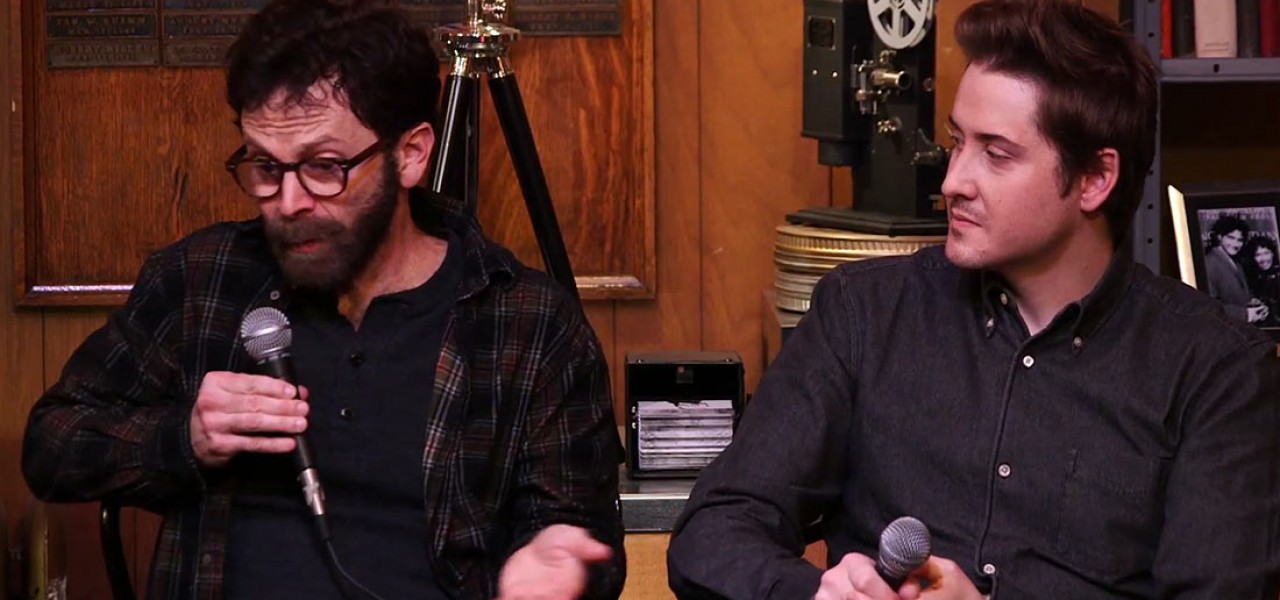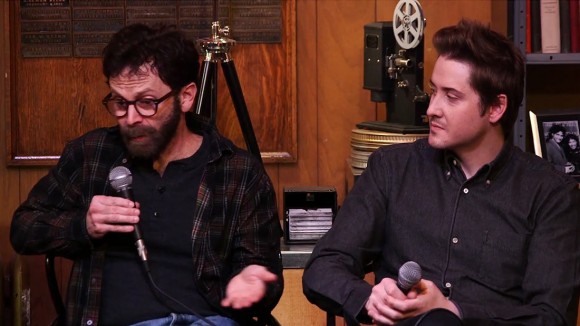

Charlie Kaufman Is Surprised That Animation Gets No Respect
It’s hardly a secret that animation gets little respect from the rest of Hollywood, but the sheer amount of disregard for the art form within the broader film community isn’t immediately evident to outsiders.
Charlie Kaufman discovered the chasm between how live-action and animation is treated with Anomalisa, his animation screenwriting and directorial debut. During a panel discussion last month at Sundance, he expressed bewilderment that the Oscars, the film industry’s most outward annual display of disregard for animation, had lumped in Anomalisa with other animated films, rather than considering the film alongside the rest of Hollywood’s output:
“It doesn’t seem like it’s taken seriously as a form. I mean, it’s weird to us that that’s the thing that it’s identified as: animation. Not that we made a movie, and it happens to be animated, because it’s a movie. It doesn’t have anything in common with the other movies in the animation category [of the Academy Awards]. I mean, it certainly has less in common with those movies than it does with live-action movies. It’s a weird prejudice, I think.”
Kaufman’s point can be interpreted in a few ways, but I believe he’s voicing an unspoken truth: the Academy Awards animation category isn’t really intended to honor animation in all its many forms, so much as it’s intended to honor a specific type of animation: Hollywood-style family entertainment. In the 14-year-history of the category, every winner in the category has been a G- or PG-rated movie. Prior to the R-rated Anomalisa, the four PG-13 nominees (Persepolis, The Illusionist, The Triplets of Belleville, The Wind Rises) have all lost to Pixar or Disney films.
The one-hour Anomalisa panel at which Kaufman made his comments can be viewed below in its entirety. If you’ve seen the film, it’s worth a watch, and offers some good insights into the film’s themes and symbolism, while also highlighting the sheer amount of labor that went into its making. The other speakers on the panel are co-director Duke Johnson, director of photography Joe Passarelli, and producer Rosa Tran:

